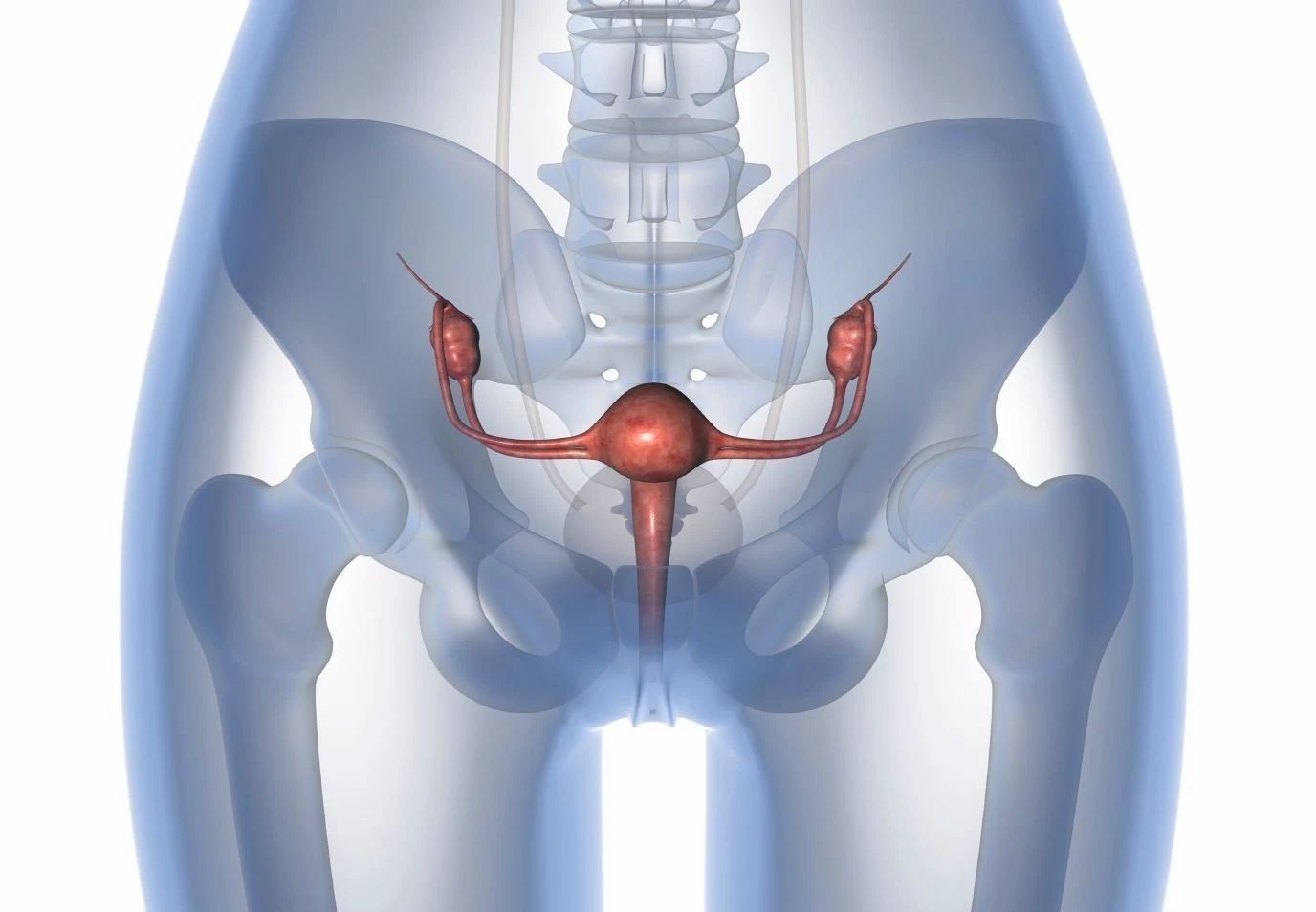
Pembrolizumab/Chemo Receives OK From FDA in Advanced Endometrial Cancer

Patients with primary advanced/recurrent endometrial carcinoma may now receive pembrolizumab plus chemotherapy as indicated by the FDA.
Pembrolizumab (Keytruda) plus carboplatin and paclitaxel has been approved by the FDA for patients with primary advanced or recurrent endometrial carcinoma, according to a press release from the agency.1
Results from the
A total of 810 patients were enrolled, with 588 having pMMR disease and 222 having dMMR disease. Patients were randomly assigned 1:1 to receive either 200 mg of intravenous pembrolizumab every 3 weeks plus 175 mg/m2 of paclitaxel and carboplatin for up to 6 cycles and 400 mg of maintenance pembrolizumab every 6 weeks for an additional 14 cycles, or the same chemotherapy backbone plus placebo and placebo maintenance.
The primary end point was progression-free survival (PFS) in both cohorts. The secondary end points included safety, overall response rate (ORR), duration of response (DOR), and overall survival.
Topline data showed that the median PFS in the pembrolizumab arm for those with dMMR disease was not reached (NR; 95% CI, 30.7-NR) and 6.5 months (95% CI, 6.4-8.7) in the placebo arm (HR, 0.30; 95% CI, 0.19-0.48; P <.00001). The median PFS in the pMMR population was 11.1 months (95% CI, 8.7-13.5) vs 8.5 months (95% CI, 7.2-8.8) in each respective arm (HR, 0.60; 95% CI, 0.46-0.78; P <.0001).
Previous data showed that the ORR in the dMMR population was 82% (95% CI, 72%-89%) for those given pembrolizumab vs 71% (95% CI, 60%-80%) for those given placebo (OR, 1.83; 95% CI, 0.92-3.66). A partial response (PR) rate of 50% vs 55% was observed between arms, and a complete response (CR) rate of 32% vs 15% was also noted.
In the pMMR population, the ORR was 71% (95% CI, 64%-77%) in the pembrolizumab group and 58% (95% CI, 52%-65%) in the placebo group (OR, 1.74; 95% CI, 1.18-2.58). Between each arm, the PR rates were 56% vs 50%, and the CR rates were 15% vs 8%.
The median DOR in the dMMR population was 28.7 months (95% CI, 20.2-NR) in the pembrolizumab cohort vs 6.2 months (95% CI, 4.3-9.2) in the placebo cohort (HR, 0.218; 95% CI, 0.13-0.37; P <.0001). For those in the pMMR population, the median DOR was 9.2 months (95% CI, 7.1-14.7) vs 6.2 months (95% CI, 4.8-6.5) in each respective cohort (HR, 0.467; 95% CI, 0.34-0.64; P <.0001).
The
References
- FDA approves pembrolizumab with chemotherapy for primary advanced or recurrent endometrial carcinoma. News release. June 17, 2024. Accessed June 17, 2024. https://shorturl.at/sZ3Xx
- Eskander RN, Sill MW, Beffa L, et al. SEMINAL: Pembrolizumab versus placebo in addition to carboplatin and paclitaxel for measurable stage III or IVA, stage IVB, or recurrent endometrial cancer: the phase 3, NRG GY018 study. 2023 Annual Global Meeting of the International Gynecologic Cancer Society (IGCS). November 5-7, 2023; Seoul, South Korea.
- Eskander RN, Sill MW, Beffa L, et al. Pembrolizumab plus chemotherapy in advanced endometrial cancer. N Engl J Med. 2023;388:2159-2170. doi:10.1056/NEJMoa2302312
- FDA grants priority review to Merck’s application for KEYTRUDA (pembrolizumab) plus chemotherapy as treatment for primary advanced or recurrent endometrial carcinoma. News release. Merck. February 20, 2024. Accessed May 17, 2024. http://tinyurl.com/5hc2vunb
Newsletter
Stay up to date on recent advances in the multidisciplinary approach to cancer.





































